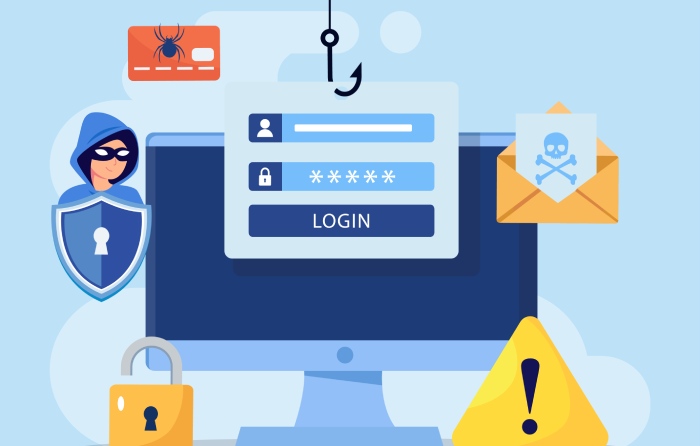Ramadan, the ninth month of the Islamic calendar, is a time frame when the Muslim community practices fasting, works towards spiritual development, and organizes communal gatherings. However, Ramadan brings along an uncanny threat of increased cyber crimes.
With limited work hours and increased e-commerce activities around this period, Middle East-based companies have become direct targets for phishing actors. This happens because of a sudden spike in online and retail activities. The threat actors leverage this surge in e-commerce activities for monetary gains in the form of cyber scams and fraudulent activities.
This year, Ramadan began on 10 March 2024. Cyber attacks during Ramadan have created a ruckus worth $100 million so far. These scams involve phishing, wire fraud, e-commerce scams, and fake campaigns against residents, expatriates, and international visitors.
Some of the worst-hit companies are Zajil Express, Aramex, and SMSA Express. Most of the victims had been contacted through WhatsApp, SMS, or iMessage.The common thing behind all these cyber crimes is the sense of urgency that compelled the victims to make immediate payments in order to get their parcels delivered.
A Steep Rise In Cyber Crime Activities
In the first quarter of 2023, a sharp spike of 22% was witnessed compared to the previous quarter. This simultaneously resulted in a surge in cybersecurity solution requirements. The worst hit sectors during this sacred month are:
- Classifieds
- Digital Education
- Payment Systems
- Banks
- Game Servers
Cyber security experts believe that threat actors are likely to persist with their malicious activities throughout the month of Ramadan.
On-Going Cyber Security Prep Ups!
Cyber security experts have been maintaining vigilance well ahead of Ramadan. While some companies enhance their outsourced cyber security contracts, others ensure a diverse workforce, with non-Islamic employees filling in for the shortage of Islamic employees. The UAE Cyber Security Council also issues special advisories around this time. On 4th March 2024, they came up with “The National Campaign for Cybersecurity.” The ultimate goal was to spread awareness against cyber attacks.
Experts emphasize the importance of amping up organizational infrastructure to prevent phishing actors from bypassing security systems. They urge the companies to heighten apt security measures to prevent malicious emails from breaking into the banks of naive users.
Cross-training among cyber security team members can also be a great tactic to avert cyber crimes. Also, clarity works like magic here! Crystal clear protocols and streamlined processes can further add a layer of security to the Middle East-based companies.
Security consultants believe that more and more employees should come up and complaint against the slightest instances of security abnormalities. They have urged the organizations to create a work culture where coordinating with cyber security experts is portrayed as a mandatory and effortless activity.
Collaboration with concerned authorities and integration of required phishing protection measures can significantly avert instances of cybercrime not only during Ramadan but throughout the year as well. Vigilance, phishing awareness training sessions, and apt cyber security strategies can work wonders against the malicious intentions of threat actors.



